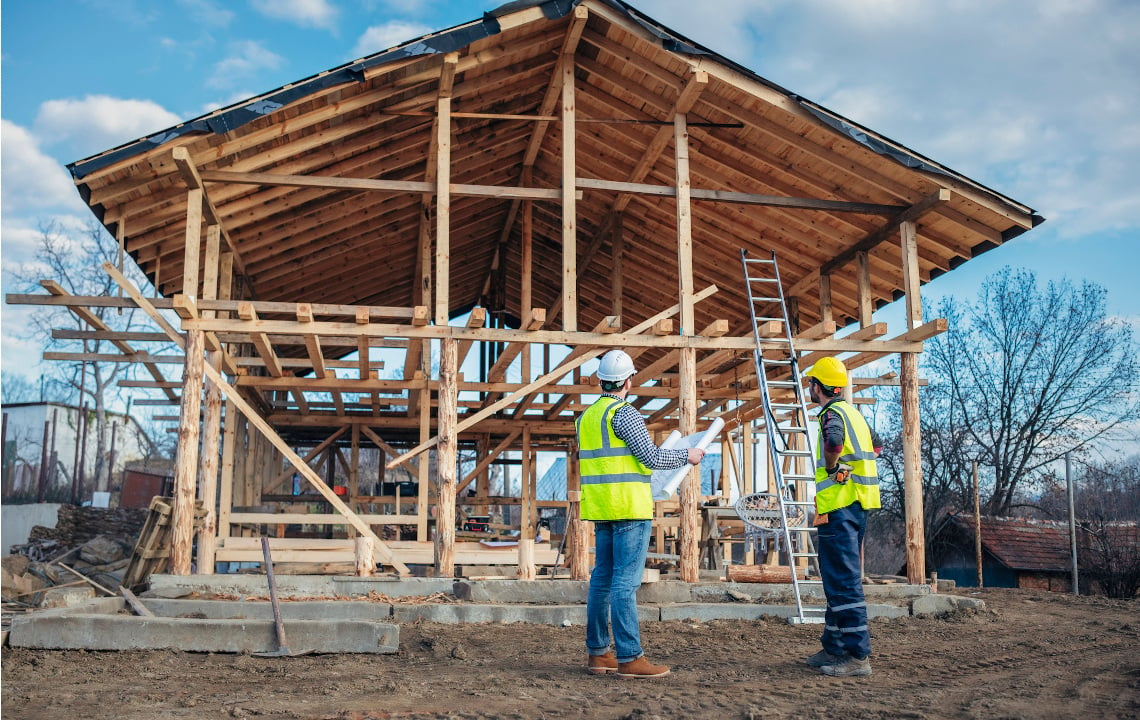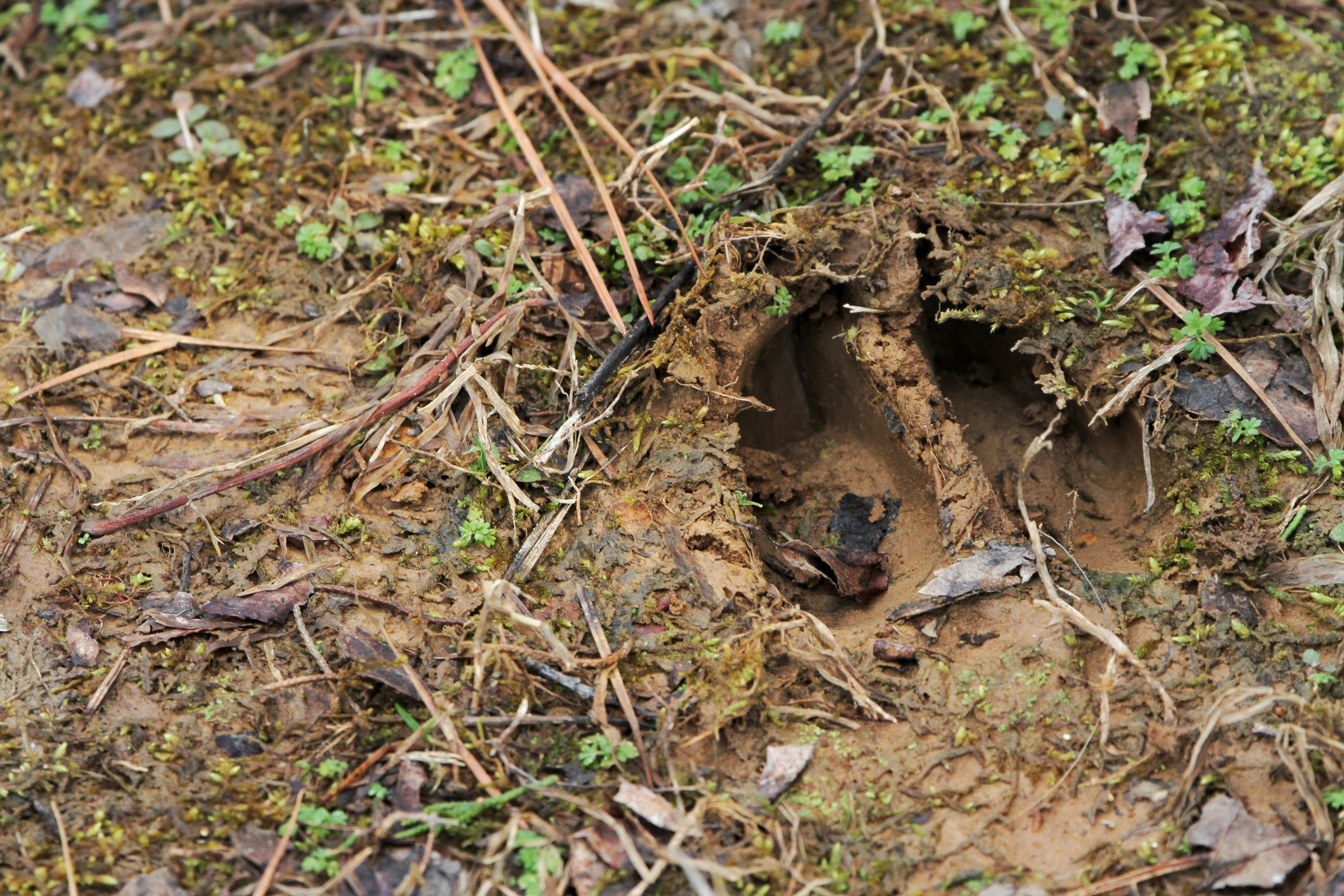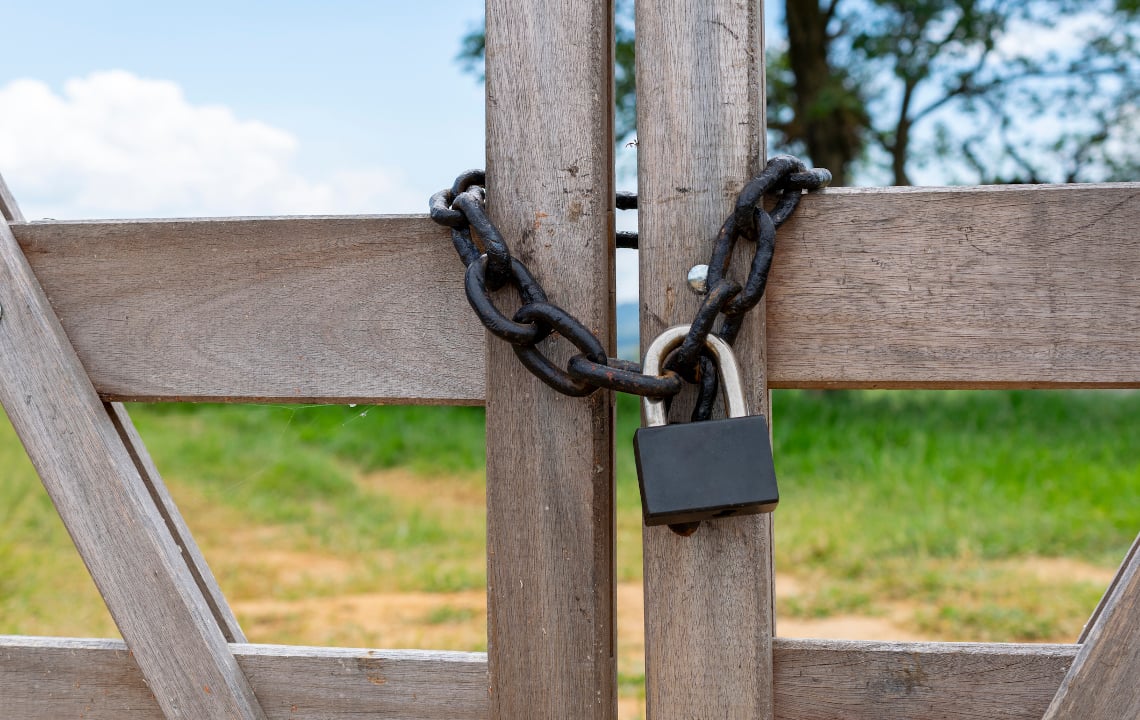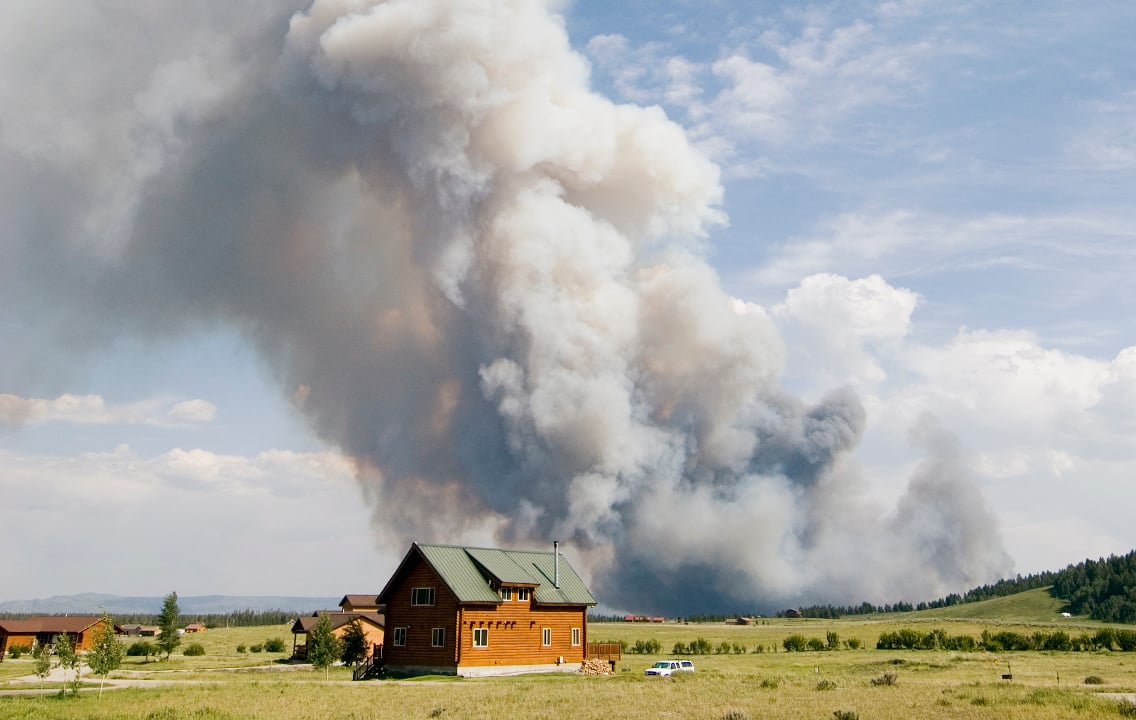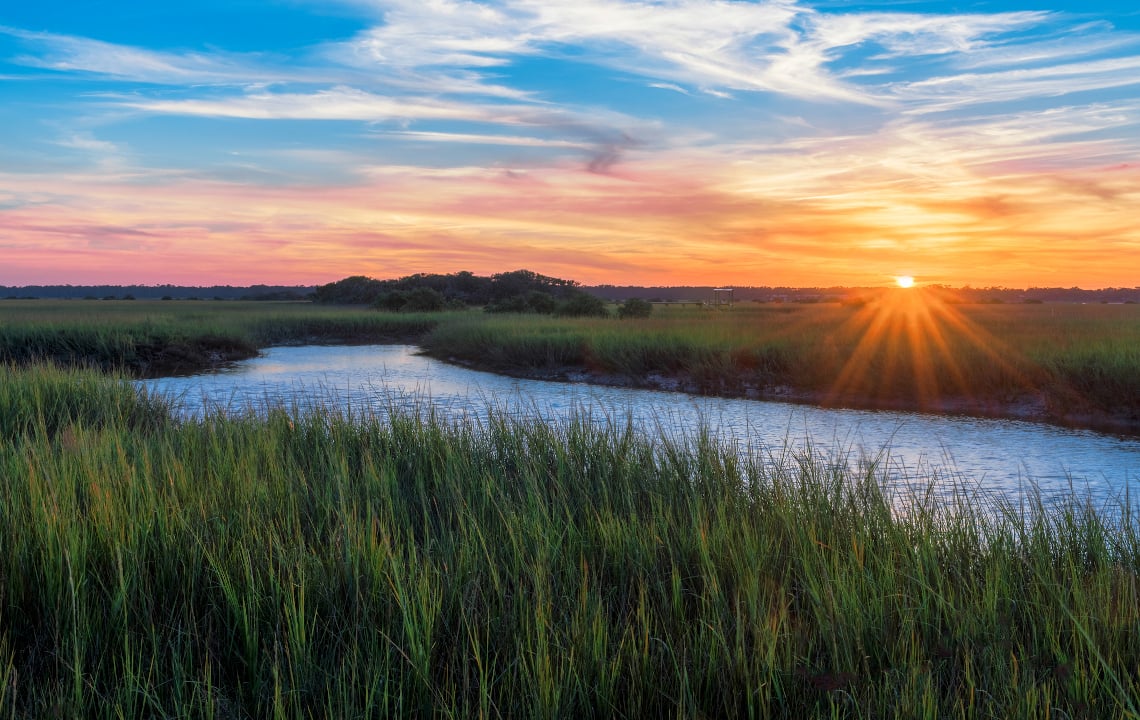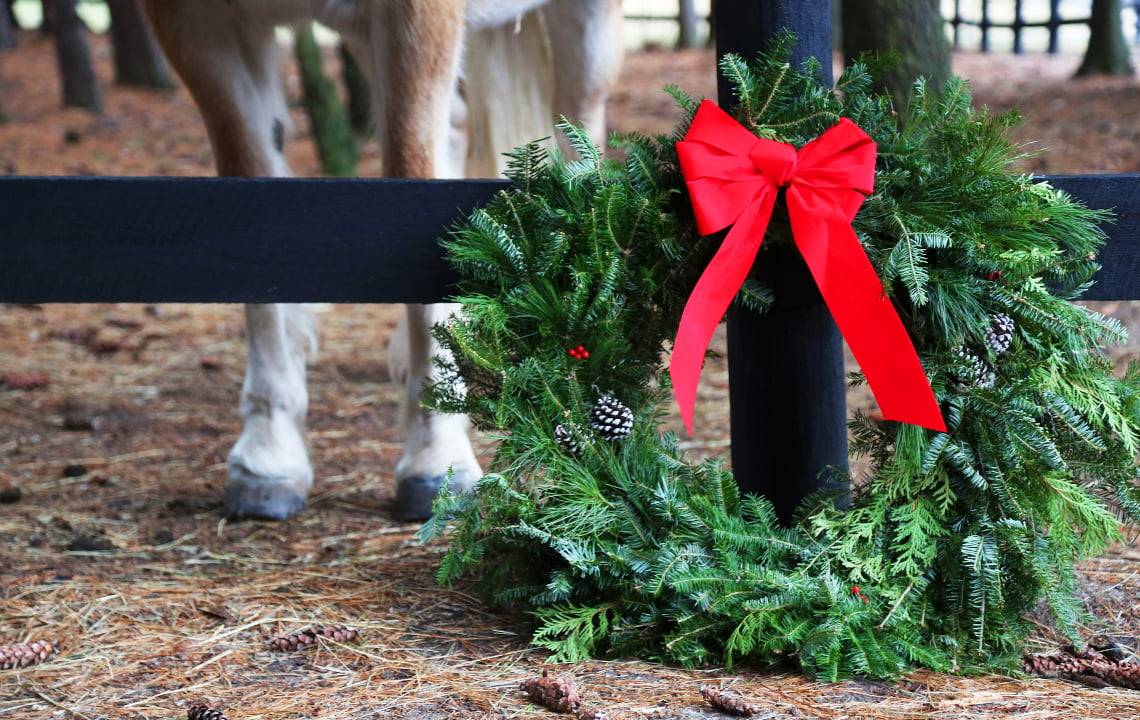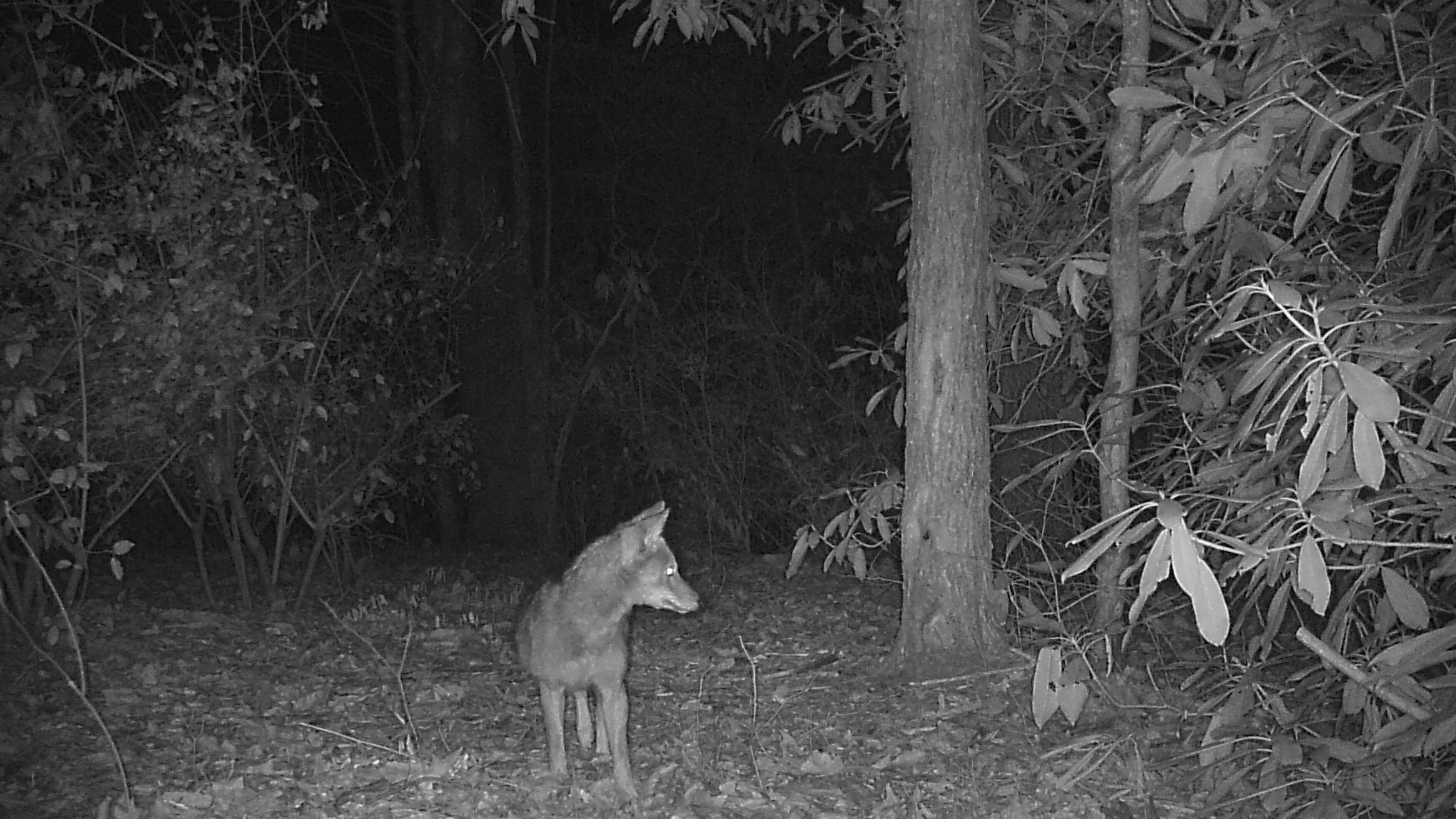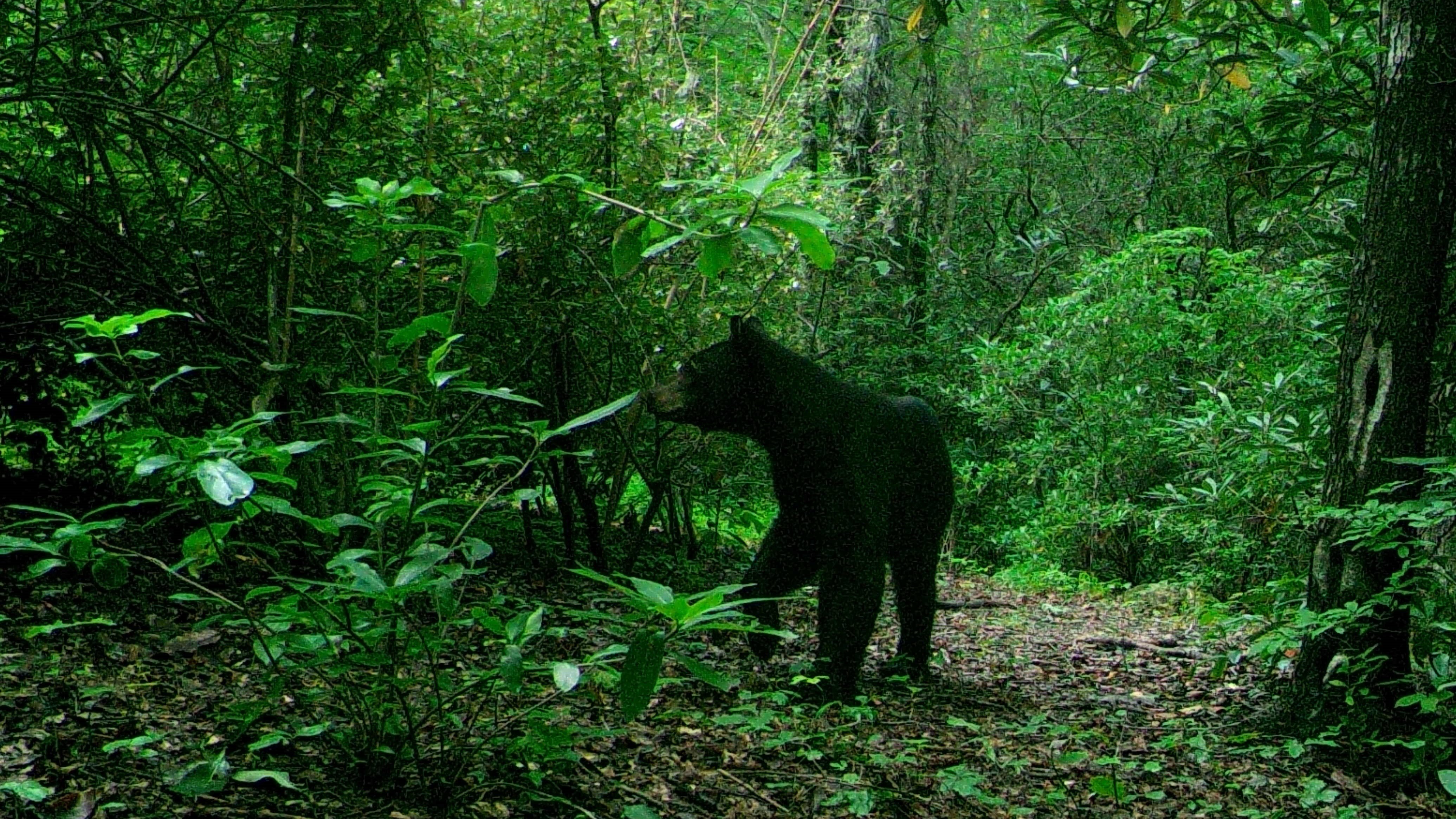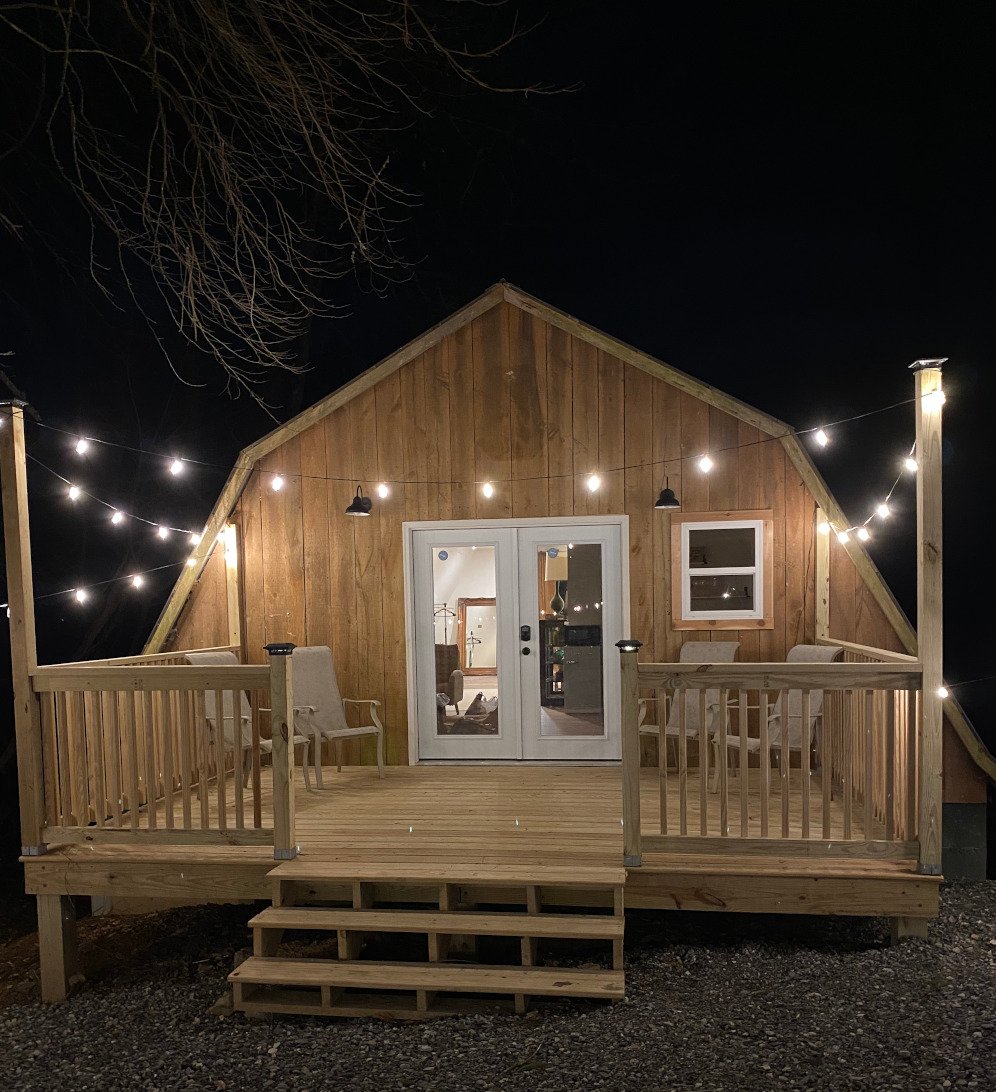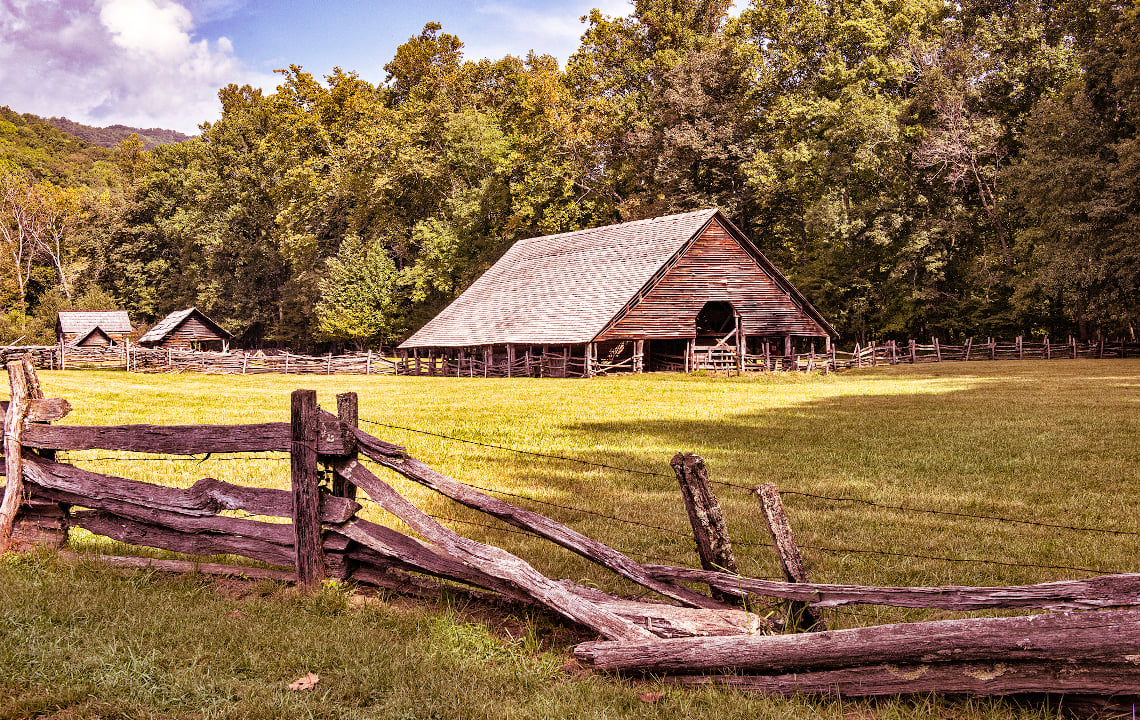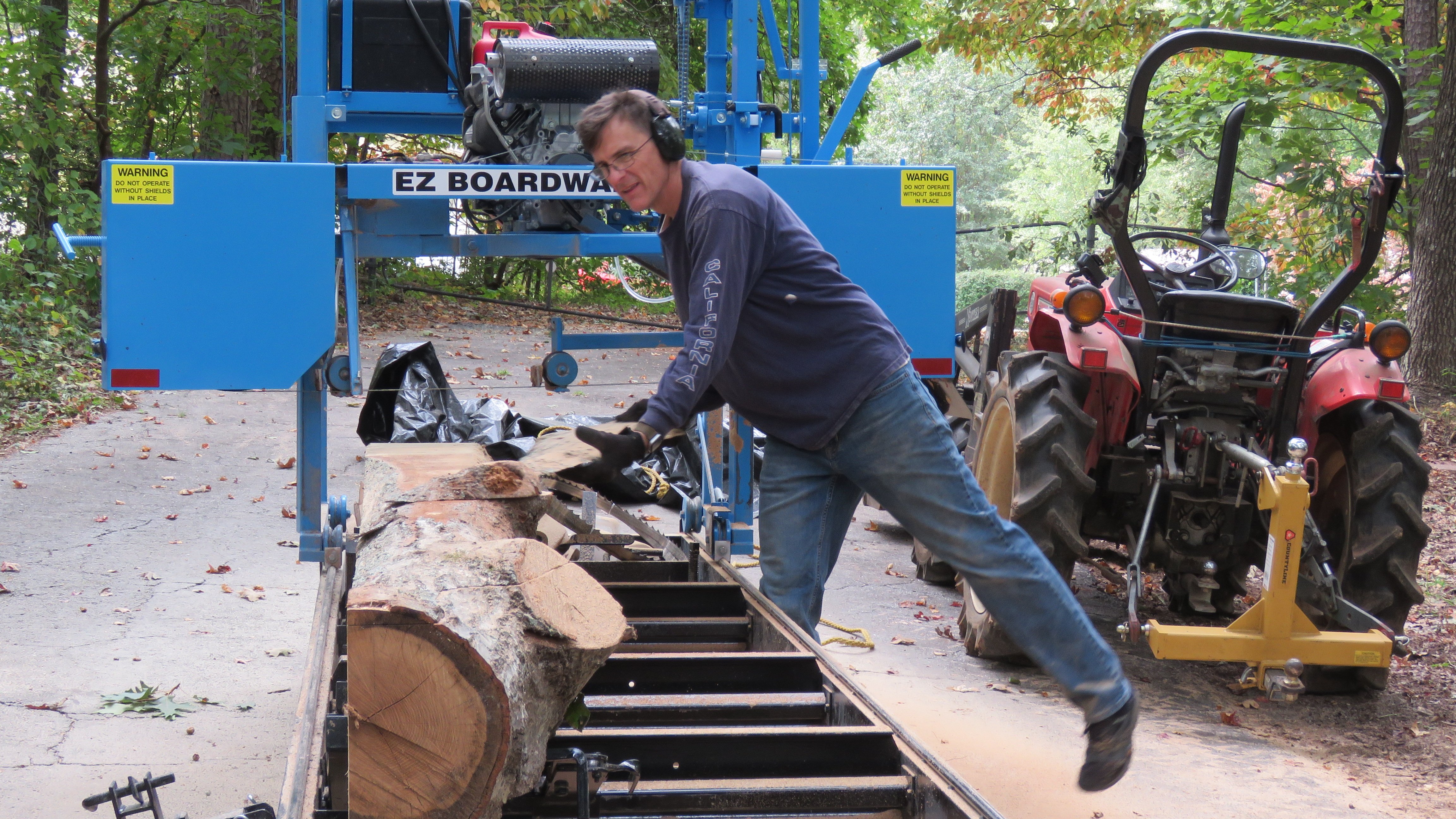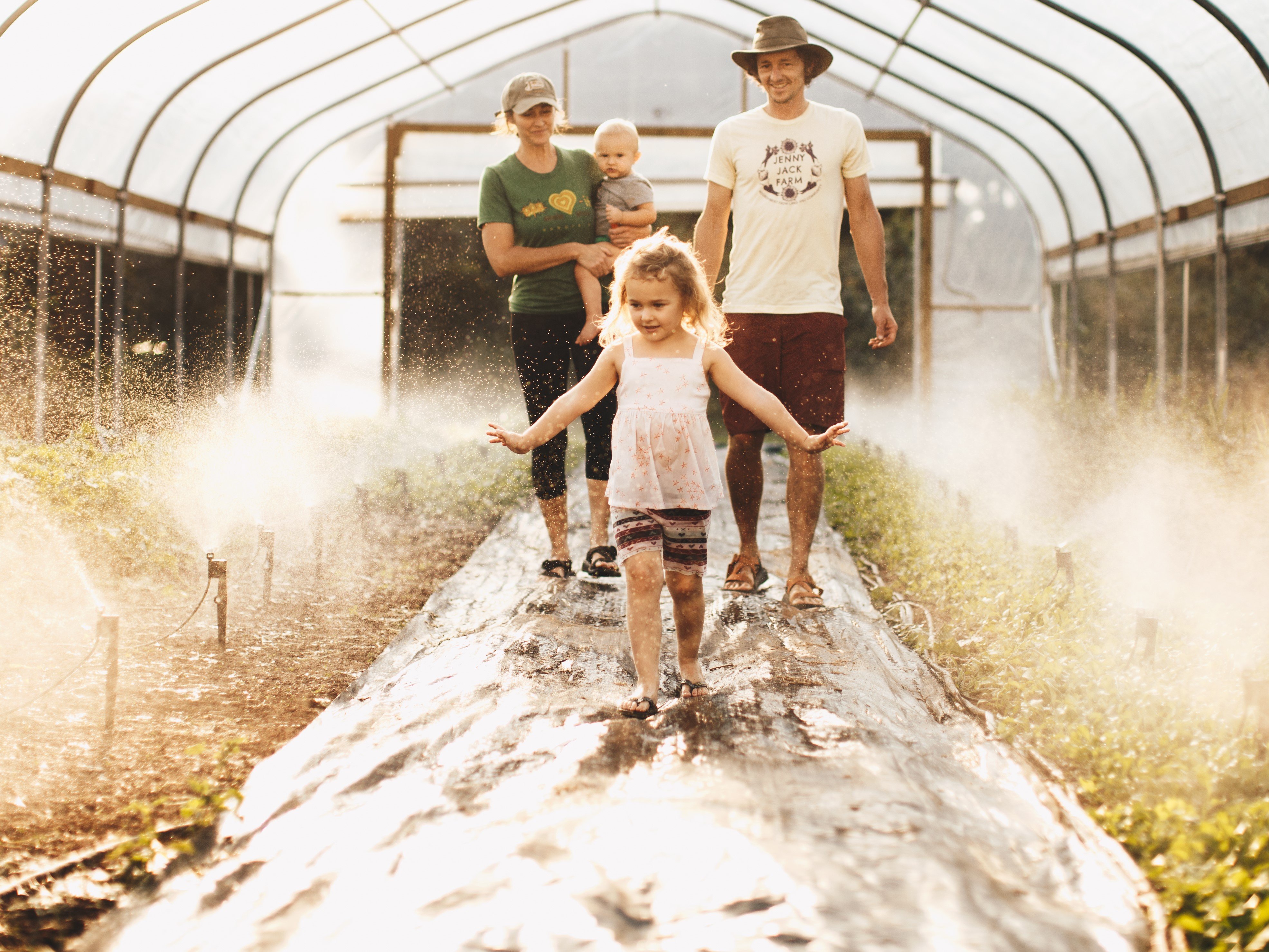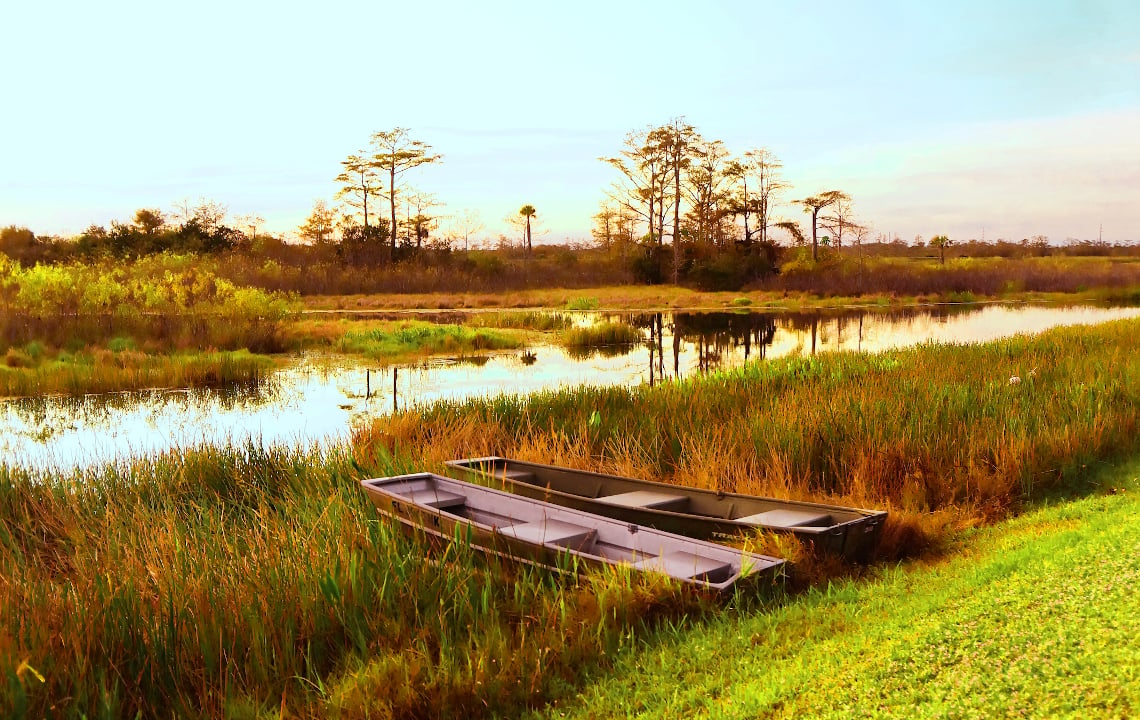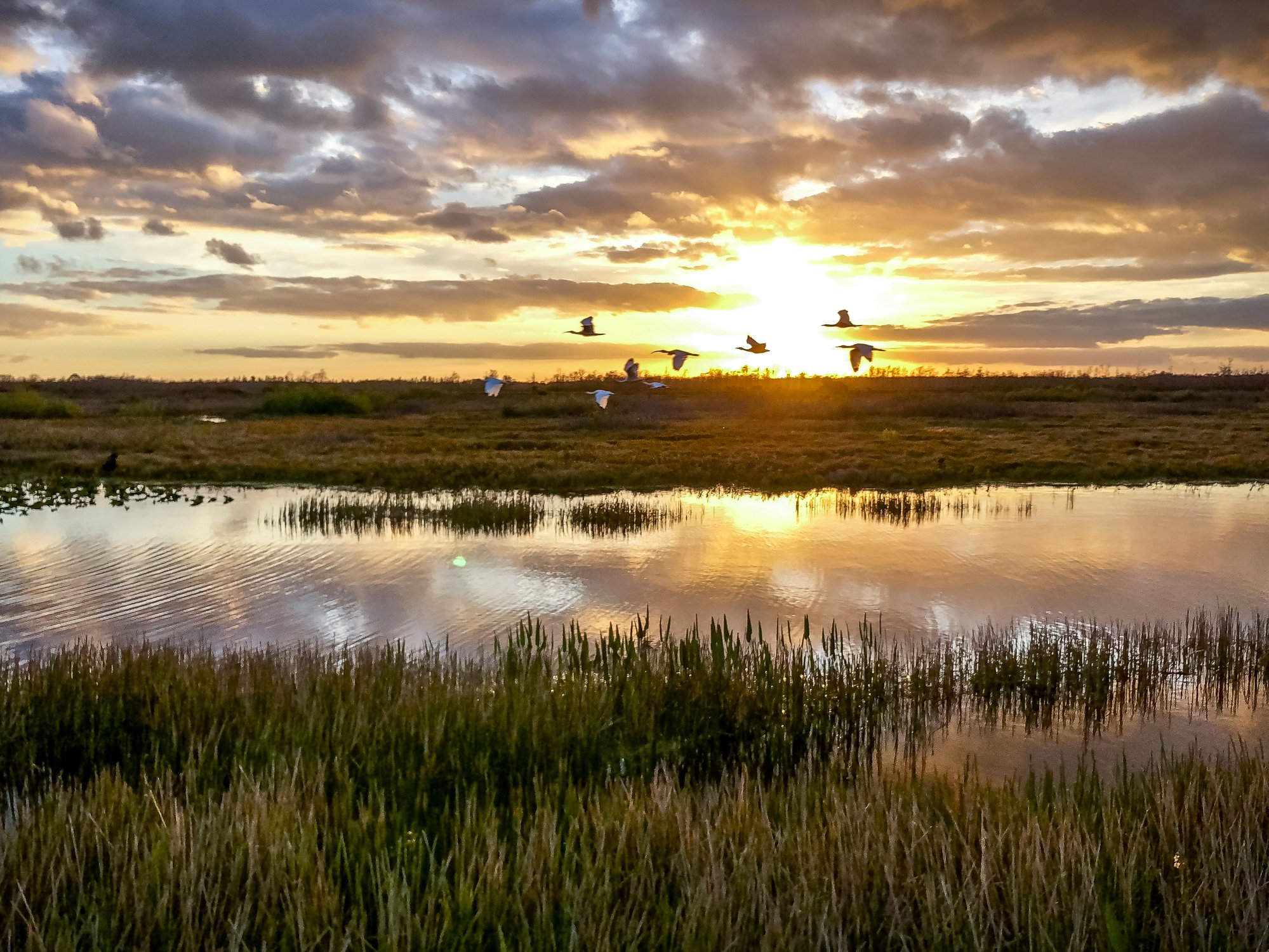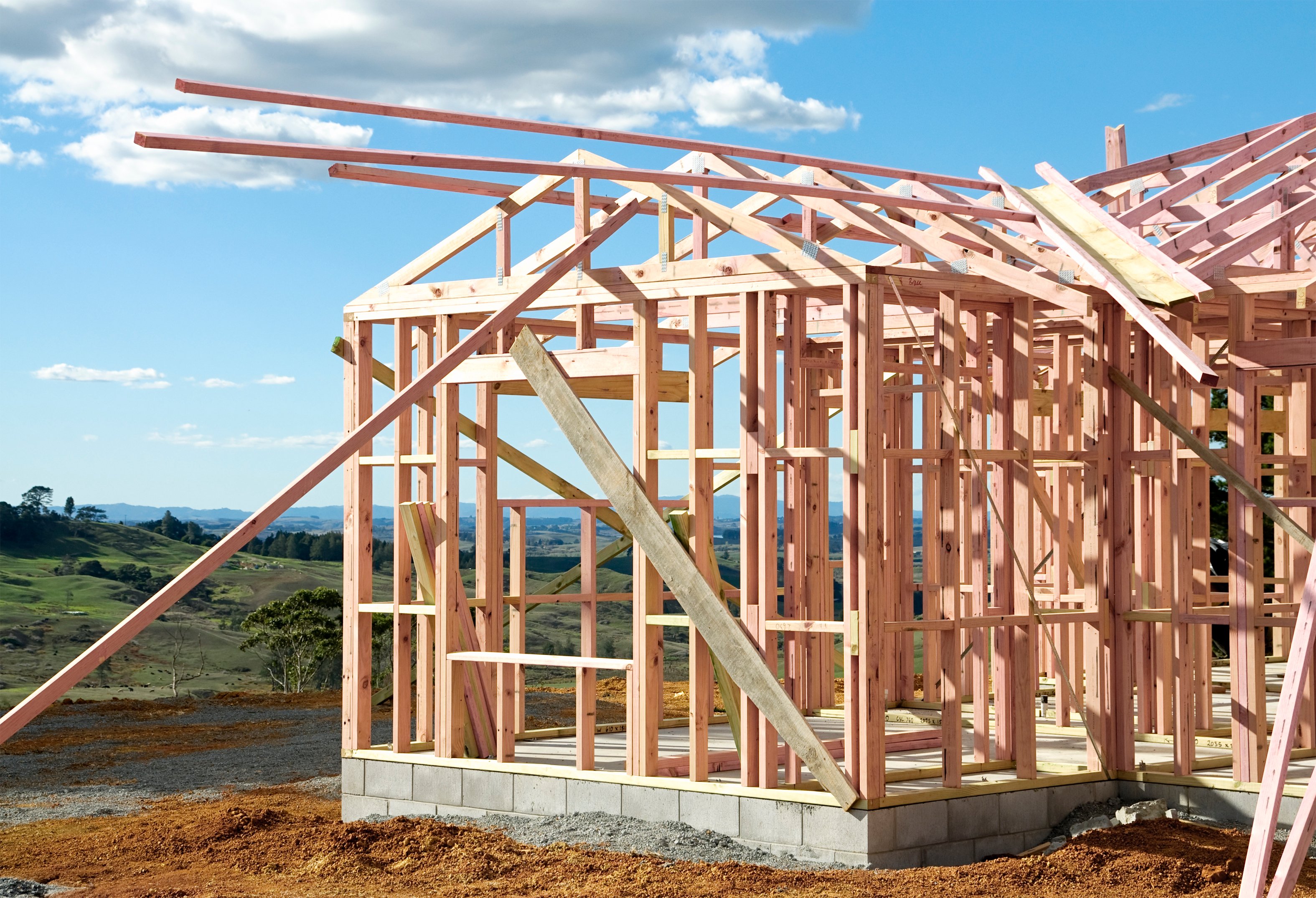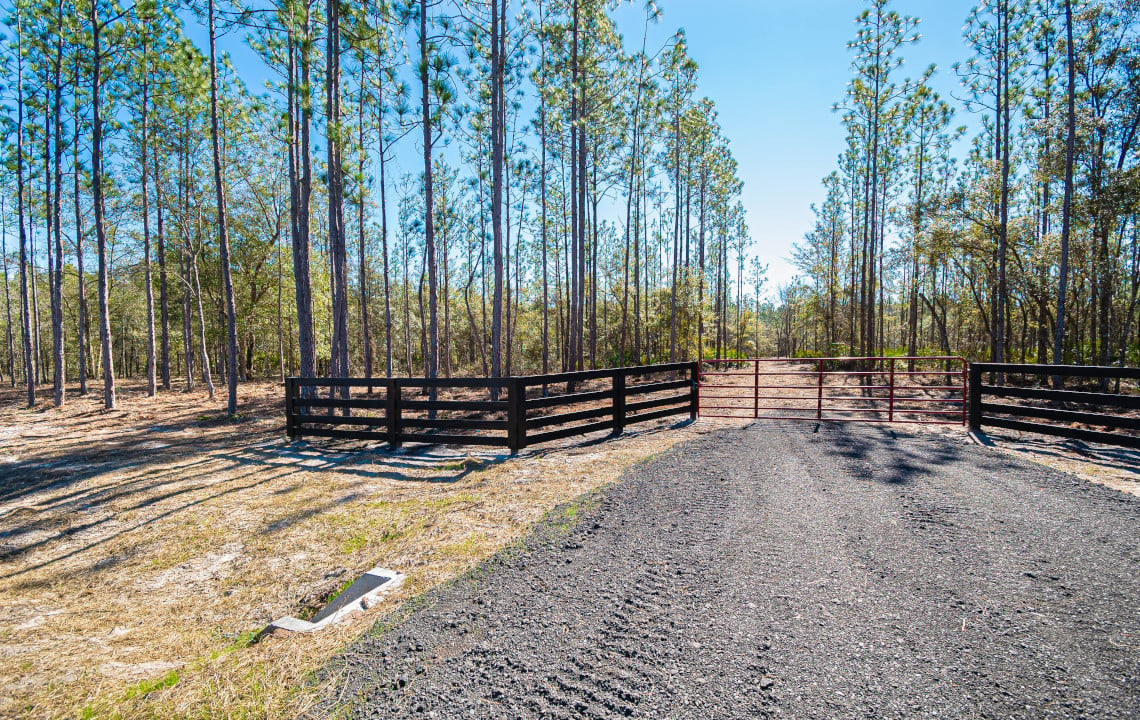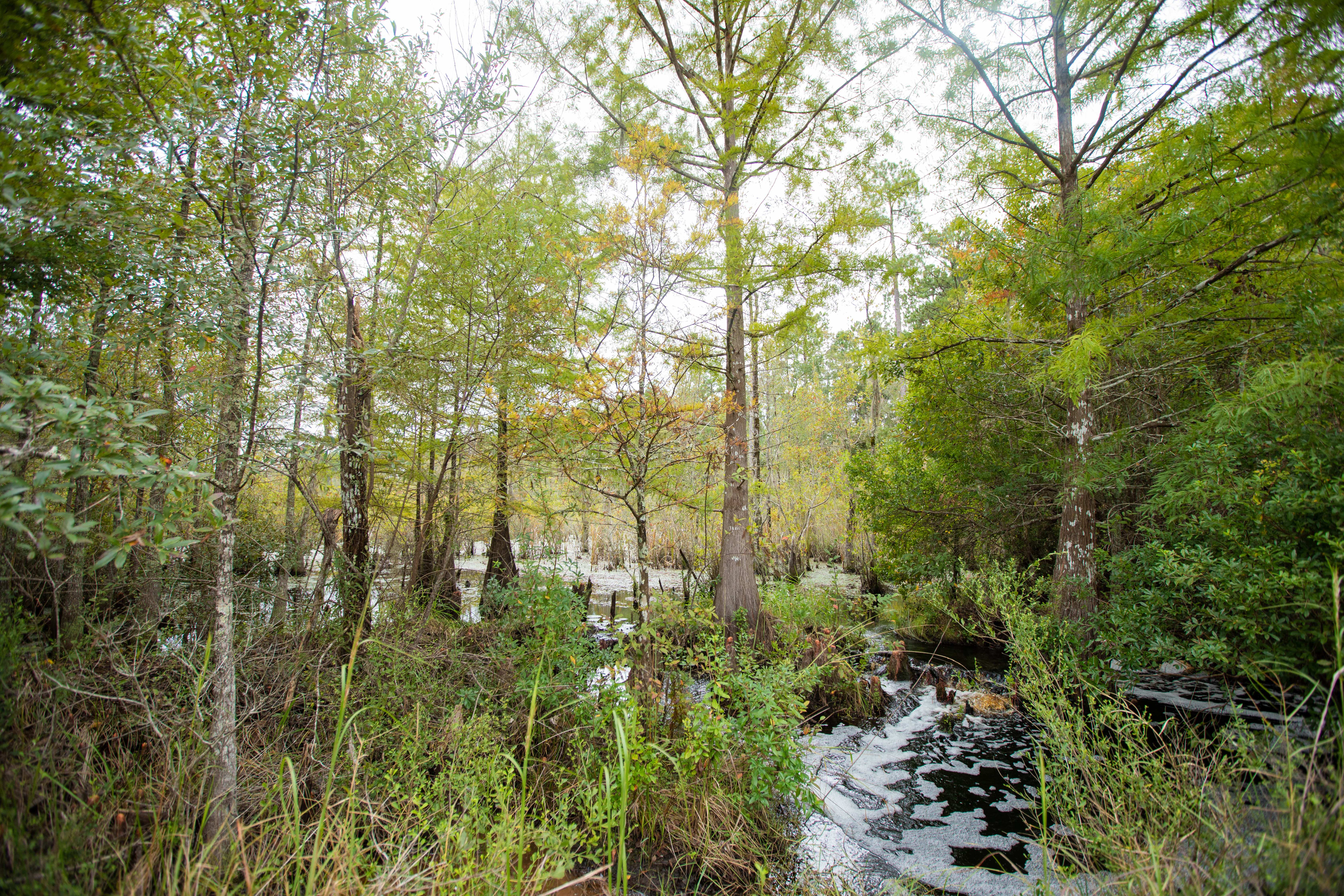When uncontrolled fires occur, it can be easy to forget the benefits of fire on land and how it has changed landscapes for the better. Woodrow Ross offers a factual discussion of fire, wood and man’s dependence on them and related products.
Ever since man first encountered fire, it has fascinated and terrified him. The power of fire is awesome. It can be devastating or beneficial. When under control, it can be a tool for good. It can warm us, cook our food and enhance our landscape. On the other hand, when out of control, it can consume our forests, destroy our homes and wreak havoc in our lives.
 The recent drought and the resulting wildfires in the Southeast have reminded us of the devastation that uncontrolled fire can have on our forests. It has encroached on civilization and destroyed homes and businesses. In the Gatlinburg, Tennessee, area more than 17,000 acres have been consumed, along with homes and businesses and loss of human life. Thankfully, the rains have helped to diminish the risk and it is now under control.
The recent drought and the resulting wildfires in the Southeast have reminded us of the devastation that uncontrolled fire can have on our forests. It has encroached on civilization and destroyed homes and businesses. In the Gatlinburg, Tennessee, area more than 17,000 acres have been consumed, along with homes and businesses and loss of human life. Thankfully, the rains have helped to diminish the risk and it is now under control.
Closer to my home in upstate South Carolina, the Pinnacle Mountain fire, north of Pickens, South Carolina, consumed more than 10,000 acres before being controlled. Loss of resources there totaled more than $4.8 million.
Our gut reaction is to think that fire is a terrible thing and only causes devastation and economic loss to humans. But fire is useful and has many positive attributes. Let's examine the many ways that fire has been beneficial to man:
How fire benefits landowners:
1. Fire provides heat
At the most basic level, once primitive man learned to use fire, it provided comfort that was not previously available. It also allowed existence in colder climates and probably led to the global expansion of mankind.
2. Fire removes understory and debris from the landscape
Forestry experts have learned that controlled burns may be used to remove dense undergrowth below mature timber to reduce the disastrous effects of forest fires. Controlled burns are conducted during times of high humidity in colder time periods to reduce wildfires.
3. Fire plays a key role in the germinations of some seeds
Seeds of some trees require fire to help prompt germination and allow new growth of timber and plants.
4. Fire prompts regeneration in forests
As bad as forest fires seem to be, they can have very positive long-range effects for wildlife. The regeneration of tender plants sustains wildlife and results in a rebound of populations of some species. The benefits of controlled burns in the South for agricultural and wildlife management purposes is well-known to the departments of natural resources and many sportsmen.
What fuels make the best campfires?
Campers and outdoor enthusiasts know the joy of a campfire. There is something magnetic about a campfire that permeates the body and soul and promotes a sense of peacefulness. The smell of wood smoke with the welcome scent of bacon and eggs wafting on the breeze is the very essence of camp life.
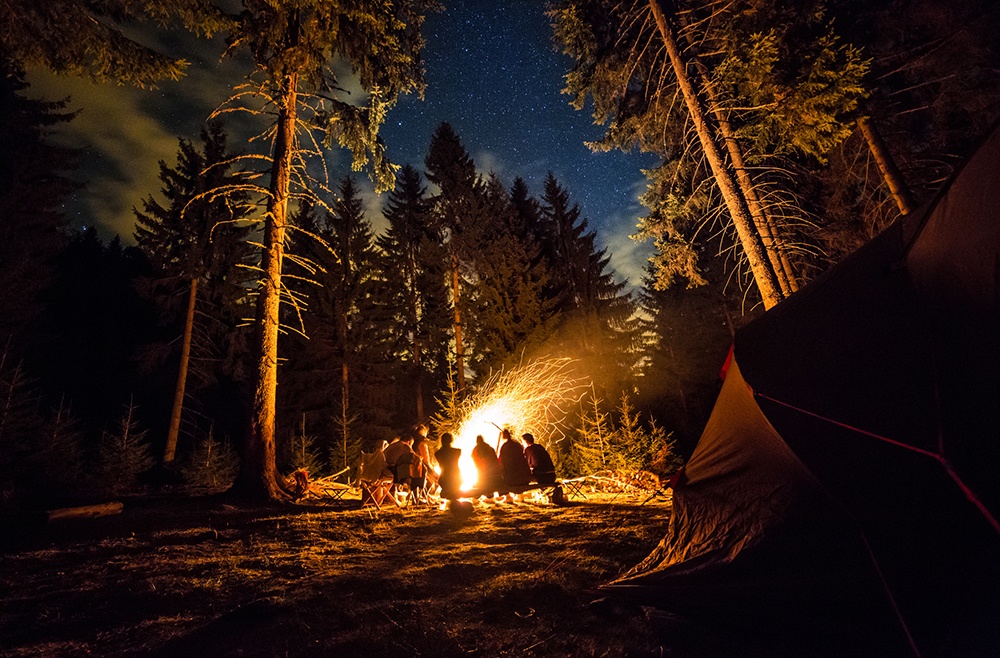
Purists of outdoor cooking have their favorite wood to cook food and smoke meats. Each has its own special properties. Oak is long burning and creates a hot bed of coals. Apple, mesquite, maple, hickory and others are favored for the unique flavors that they impart to food.
Charcoal is a favorite fuel source for outdoor cooking. It is a very flavorful method of cooking. Gas grills are convenient, but do not do quite as well in the flavor department. Lump charcoal will quickly reach maximum heat, but will cool quickly after about 30 minutes, requiring the addition of more fuel. Most briquette charcoal will last longer and provide uniform heat for a longer period of time.
A natural adhesive may be made of pine pitch and crushed charcoal blended to the desired consistency. The pitch is heated and charcoal powder added. Stir and allow to cool and it may be reheated for application and serve as a durable adhesive. Primitive people used this to haft knapped stone projectile points onto shafts for hunting and self defense purposes. That and a wrapping of sinew is quite durable.
How landowners use fire to clear land of debris and create pastures
Fire is an easy way to clear woody debris and open up land for pastures or cultivation. Any such use should be under proper supervision and be done under the correct environmental conditions such as high humidity and cool conditions. This use of fire also should be approved by local officials. Your state's department of natural resources can usually provide the names of qualified persons who can advise and assist in proper use of burning for these purposes.
Unfortunately, due to the increased populations in many areas, controlled burning has fallen into disfavor due to undesirable smoke. Burning near homes and highways can create visibility problems and is unacceptable for many people today. Also, those with respiratory problems such as asthma, allergies or COPD are adversely affected by smoke.
Fire can be our enemy, but through the ages, it has been beneficial to man when used responsibly. It is a matter of using good judgment and avoiding dangerous practices. As property owners. It is a fact that fire can be devastating and costly, but it can also be used to great advantage if we plan ahead and take preventative steps such as controlled burning.


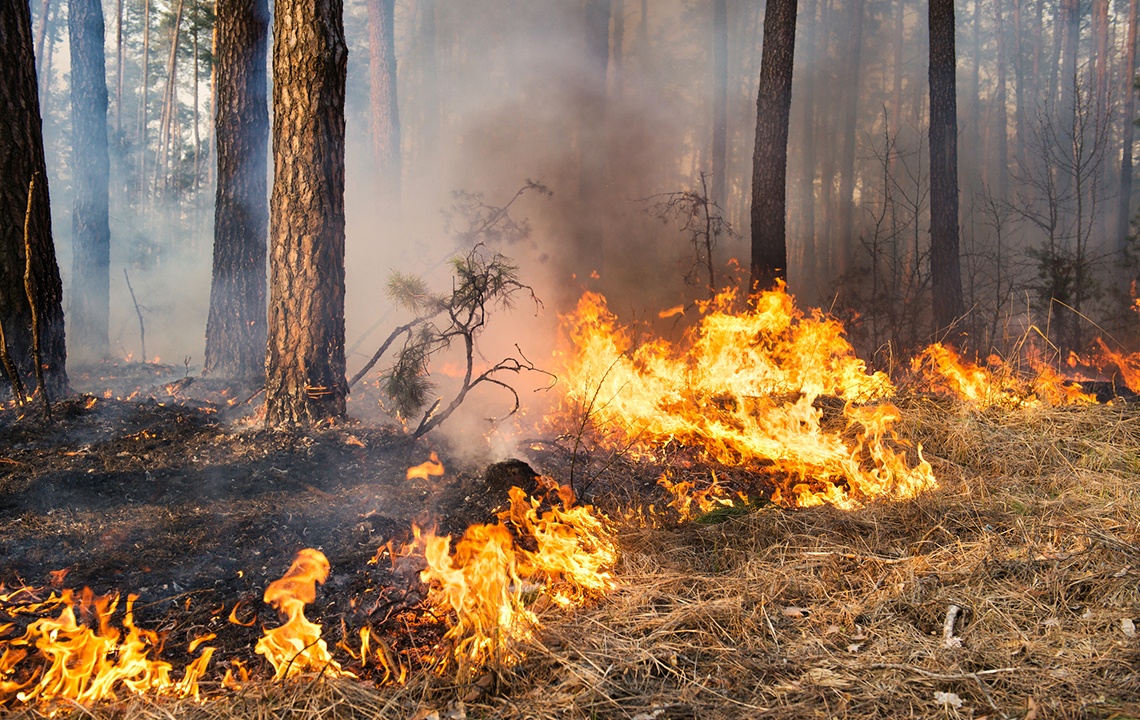

.jpg)
